They got married 113 years ago: in May 1910 in St. Nicholas Church near Kiev. Before Akhmatova answered “yes,” Gumilev heard “no” from her twice. And every time after that he tried to commit suicide.
If you read at least a few poems by Anna Akhmatova, you get the impression that the poetess knew literally everything about love. She idolized this feeling, considered it the greatest gift and synonymous with happiness, but only because she herself had never truly experienced it.
In the arms of men, she hid from loneliness, suffered from betrayal, cheated and could not allow herself to be gentle. Almost all the novels passed without a trace for her, but she considered only one person to be her main chosen one - Nikolai Gumilyov. Even after his death, she could not understand what connected her with the poet—passion or obsession with art.
During the beginning of their relationship, she almost drove him to the grave twice, broke his heart with every “no” and wanted to always remain his muse, and not his wife.
Their romance lasted for decades, but there was no happiness in it even for a couple of months. The poets' mutual friends always believed that this relationship would end in tragedy, because there was much more drama in it than love.
Anya and Kolenka
Anna Akhmatova (Gorenko in those days) and Nikolai Gumilyov met as teenagers. They both studied at the gymnasium in Tsarskoe Selo, but never crossed paths.
Their first meeting took place on New Year's Eve at a school performance. The future poetess took the stage and, with her head held high, began reciting Baudelaire. And Gumilyov, who was sitting in the back row at that time, realized: the ground was disappearing from under his feet.
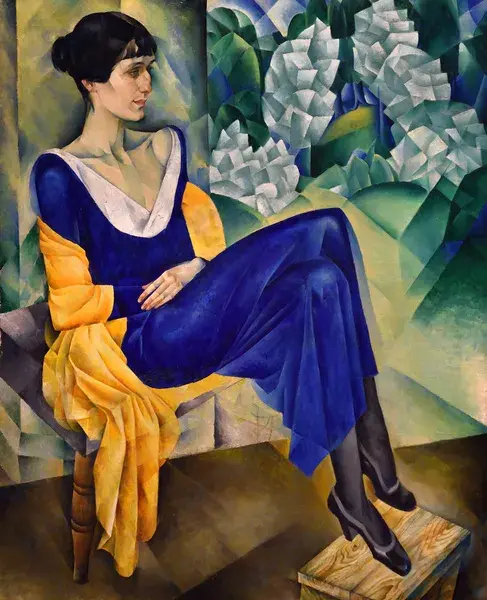
Lively, energetic and daring - she was so different from her timid peers, and most importantly - from Nikolai himself, that he instantly fell in love. He then admired the work of Oscar Wilde, wore black clothes, dark eyeliner and considered himself a melancholy hero of novels.
With the appearance of Anya Gorenko, a hitherto unfamiliar feeling settled in his heart, and he began to burn with love. Gumilyov was ready to immediately propose to the girl, but she was only 14. And she reacted coolly to his advances - he did not expect this. So, right after love, he learned the bitterness of disappointment.
Three sentences
Gumilyov placed Akhmatova on such a high pedestal that he himself could not reach it. He dedicated poems to her, called her his inspiration and could hardly breathe when the girl was nearby. And almost every evening she invited him to walk in a grove not far from Tsarskoye Selo and complained... how unrequitedly in love she was with her tutor.
The signs of adoration for the young poet were pleasant to her, but Akhmatova did not even think about caring about Gumilyov’s feelings. During one of his walks, Nikolai, intoxicated with love, decided on a desperate act and asked Anna to become his wife.
She laughed coldly and said the first “no.” Gumilyov went to France to escape melancholy and humiliation. He studied at the Sorbonne, composed, traveled around Europe, but could not forget his beloved.
For Akhmatova, the separation was also difficult. She missed Gumilyov: his attention, his kind words - and once wrote to her best friend: “I can’t understand whether I love him or not.”
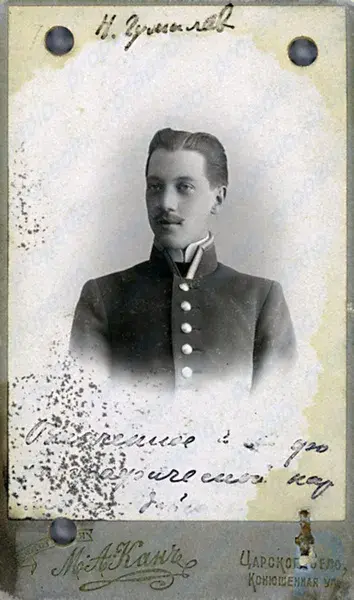
She sent the poet a message. She admitted that she misses their carefree youth and, sitting at home in the evenings, it’s as if she hears his quiet steps. He took this letter as a declaration of love - he abandoned his business and rushed to Crimea by the next train, where Akhmatova lived with her family.
They met by the sea and silently walked along the shore, listening to the waves. Gumilyov was inspired: he had already imagined their bright future and again got down on one knee in front of the girl.
Her thoughts immediately cleared up: she realized that this was not what she wanted, and she refused Nikolai. Akhmatova said that while they were walking, she noticed a dead dolphin washed up on the shore, and considered this a bad sign. This is how he turned out: the rejected Gumilyov was close to despair. At night he left the house and was going to drown himself in the river.
He was saved by random passers-by. They caught Gumilev from the cold waters and recognized him as a poet. The news of Nikolai's attempt to take his own life spread as quickly as possible: the young man again went to France to hide from the glory of the sufferer.
Friends talked about Gumilyov.“They accused him of posing, of being an eccentric. And he was just sixteen years old all his life,”
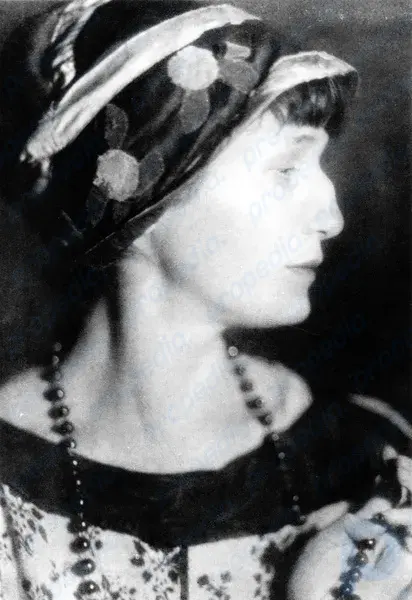
But this time there was no way to distract myself from bad thoughts. One evening, Gumilyov took a large dose of sleeping pills in the Bois de Boulogne and lay down right under a tree. But life clearly had its own plans for the poet: he was destined to write many more brilliant poems. Nicholas was discovered by a forester, brought to his senses and sent to the doctor.
Gumilyov spent the next year traveling and reached Africa, but even the distant exotic continent did not heal his tormented heart. He went there “to take photographs, collect ethnographic collections, study songs and legends ,” but still wrote only poetry. And everything is about Anna.
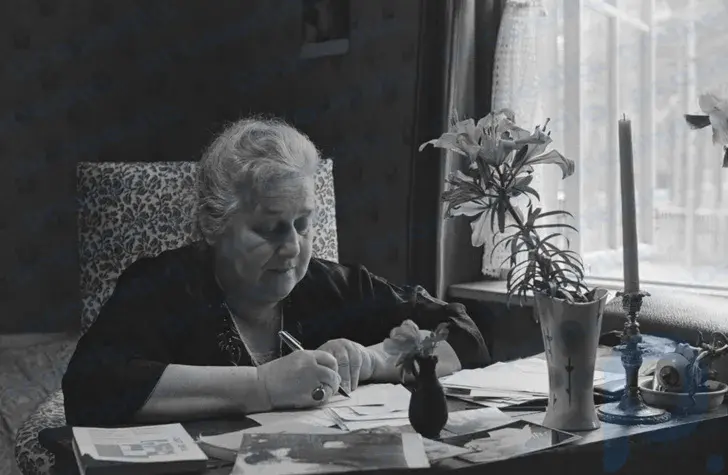
After some time, the road led him to St. Petersburg. By that time, Anna Akhmatova had already become a literary star. She published several collections, spoke at acmeist meetings, and one day ran into Gumilyov again.
After everything that happened, they might have hated each other, but there was no enmity between them. After a couple of dates, Akhmatova and Gumilyov became even closer than before, and then, to everyone’s surprise, they announced their engagement. How the poet decided to propose to Anna for the third time, and why she finally agreed, the newlyweds never told a single living soul.
On May 8, 1910, Akhmatova and Gumilyov got married in St. Nicholas Cathedral on the left bank of the Dnieper. Everyone who knew this couple was sure that they would not live together for long. And the groom's relatives did not believe in their feelings so much that they did not even come to the wedding.
Marriage “couldn’t get any worse”
A few months after the wedding, Akhmatova wrote to a friend: “It can’t get any worse. I want death. If only I could cry..."
Surprisingly, it was not she who was the first to be disappointed in the marriage, but Gumilyov. Having acquired the muse, he lost interest in her: he began to cheat and did not even hide his adventures.
They agreed: Gumilyov would tell her about all his mistresses. But Akhmatova could not bear how many there were. Later, the poetess will say: her husband, although married, still remained a bachelor.
The poetess did not want to openly take revenge on her husband, but when he volunteered to go to the front of the First World War, romances also began to arise in her life. In their letters they wrote that they “shared the same soul,” but each of their meetings ended in scandals.
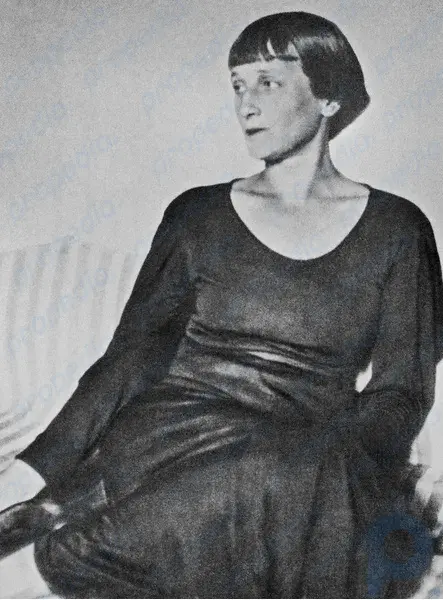
They lived together for 8 years, but “together” is a strong word. Returning from the war, Gumilyov traveled all the time, and Anna stayed at home with her little son. “Betrayal can be forgiven, but resentment cannot,” she once wrote in her diary and continued to turn a blind eye to Nikolai’s affairs.
While her husband was missing abroad, she also began to return to life. She gave her son to be raised by her grandmother, began to go out into the world and returned to poetry. She was ready to forgive Gumilyov as long as she knew: there were no feelings between him and other women. But one evening he came home and said that he had fallen in love.
Life without each other
Just like he once got married, he was also the first to suggest getting a divorce. Only this time Anna didn’t have to be asked three times - she agreed instantly. By that time, she had also already established a fairly strong relationship with Egyptologist Vladimir Shileiko. A year after breaking up with her husband, Anna Akhmatova married Vladimir. And then again - for criticizing Nikolai Punin.
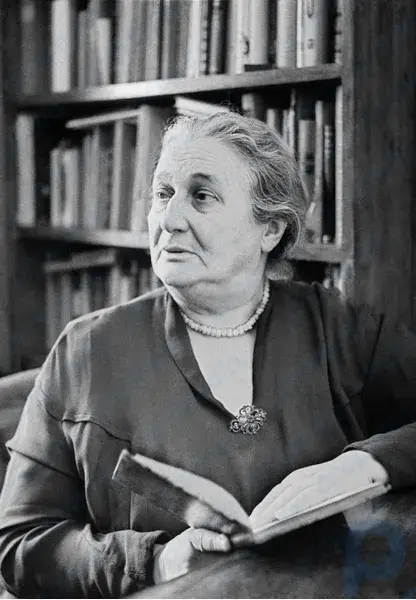
After breaking up with his main muse, Gumilyov also married the writer Anna Engelhardt. He admitted: after returning from the front, he wanted a quiet family life, and he and Akhmatova were surrounded only by drama.
Last chance
They weren't happy together, but they weren't happy apart either. After the divorce, Gumilyov several times suggested that Akhmatova get together and escape abroad. The proposal attracted the poetess, but she looked back in time.
I remembered that in the past this relationship had never led to anything good, so I again told Nikolai “no.”
Hearing this, he thought that he would now suffer for the rest of his life, but it turned out to be too short. When the poet was 35, he was shot. Anna, having learned about this, did not speak to anyone for several days and did not leave the room.
She always wanted to remember Nikolai alive, but she could not help but say goodbye to him. Akhmatova came to the memorial service for Gumilyov in Leningrad, stood at his coffin for several minutes and left. Once upon a time Anna wrote that she would like to be able to cry. But she didn’t shed a tear even at such a difficult moment.
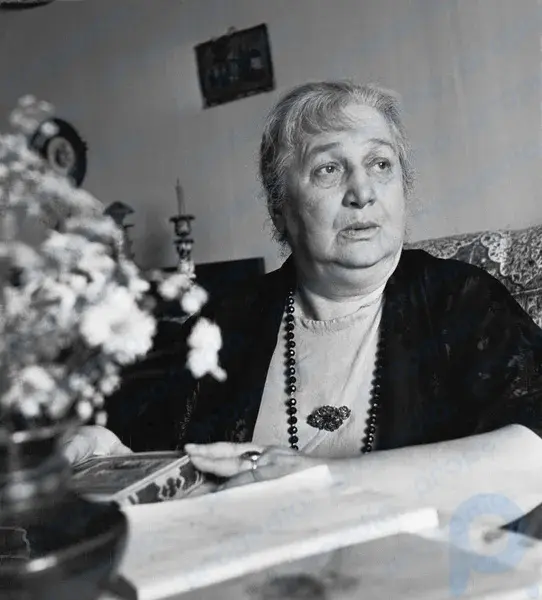
After the poet died, all his friends said: Akhmatova was a bad wife for him, but she became a good widow. She kept his manuscripts until her last days, sought to have them published, willingly communicated with the poet’s biographers and addressed him in poetry.
Everything goes away - I dream about you.
Who finished his dance before the ark,
Behind the rain, behind the wind, behind the snow
Your shadow is over the immortal shore,
Your voice from the depths of darkness.
And by name - how tirelessly
You call me out loud again... “Anna!”
You tell me, as before, “You.”
Even more news in our Telegram channel.
Photo: Legion-Media, TASS Photo Chronicle, Lev Gornung/TASS, Vilenkin B./TASS, Vasily Fedoseev/TASS
